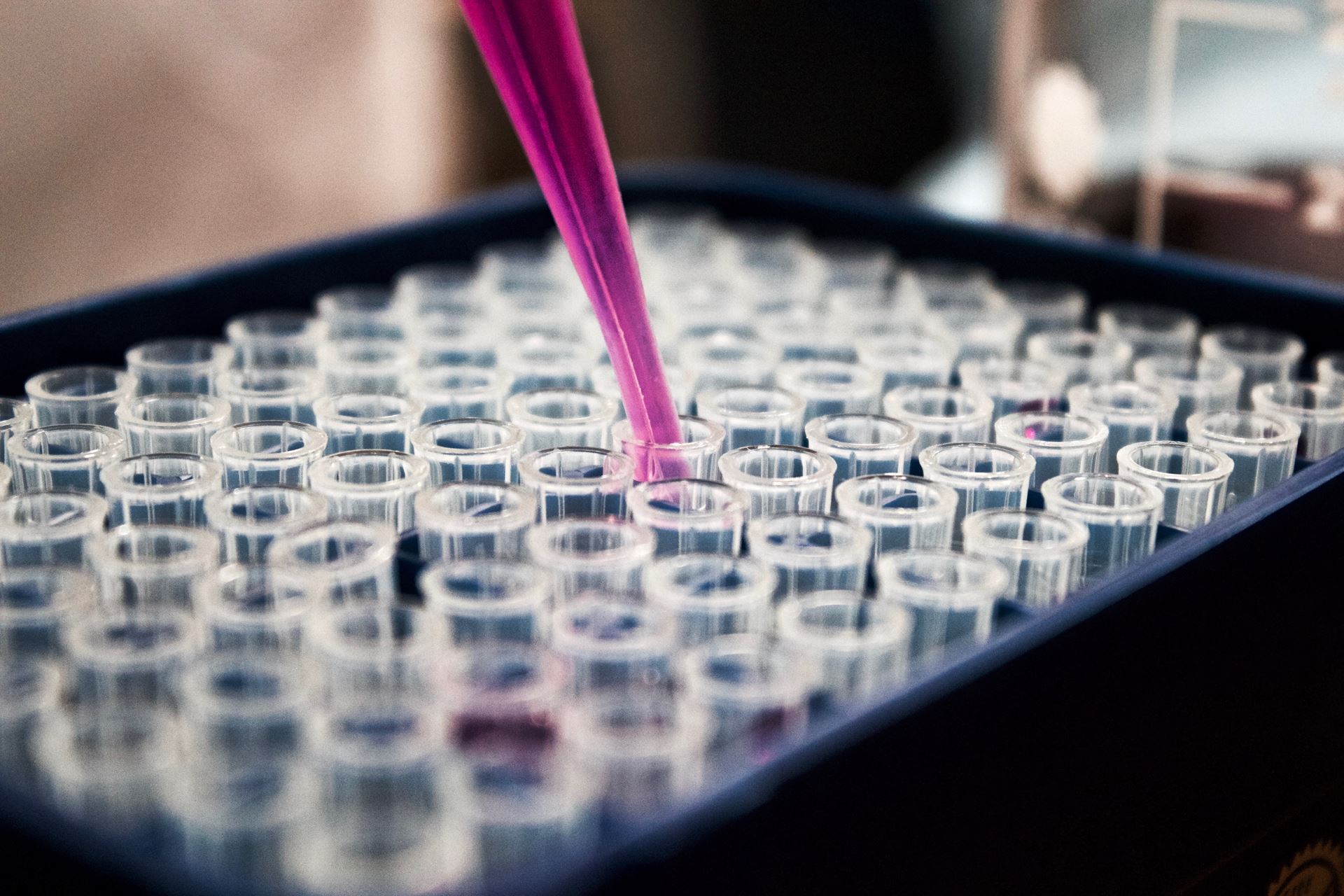Test Results
Results Of Tests And Investigations
Patients are asked to telephone the surgery for test results between 15:00 and 18:00. When you call you will be asked for personal information to confirm your identity. If we are in any doubt of the caller we will ask you to book an appointment for the results. We ask that you call personally as we cannot give results to friends or relatives.
Please note, our reception staff are instructed not to disclose any clinical information regarding the test results. If you wish to discuss any aspect of the result, please arrange an appointment with the person who requested your test.
When you take your test you will be given an approximate indication of how long it will be before the results are returned to the practice.
It is your responsibility to check your results and to make an appointment to discuss them with your doctor if your are advised to do so.

Blood Tests
A blood test is when a sample of blood is taken for testing in a laboratory. Blood tests have a wide range of uses and are one of the most common types of medical test. For example, a blood test can be used to:
- assess your general state of health
- confirm the presence of a bacterial or viral infection
- see how well certain organs, such as the liver and kidneys, are functioning
A blood test usually involves the phlebotomist taking a blood sample from a blood vessel in your arm and the usual place for a sample is the inside of the elbow or wrist, where the veins are relatively close to the surface. Blood samples from children are most commonly taken from the back of the hand. The childs hand will be anaesthetised (numbed) with a special cream before the sample is taken.
You can find out more about blood tests, their purpose and the way they are performed on the NHS Choices website.
X-Rays
An X-ray is a widely used diagnostic test to examine the inside of the body. X-rays are a very effective way of detecting problems with bones, such as fractures. They can also often identify problems with soft tissue, such as pneumonia or breast cancer.
If you have an X-ray, you will be asked to lie on a table or stand against a surface so that the part of your body being X-rayed is between the X-ray tube and the photographic plate.
An X-ray is usually carried out by a radiographer, a healthcare professional who specialises in using imaging technology, such as X-rays and ultrasound scanners.
You can find out more about x-ray tests, how they are performed, their function and the risks by visiting the NHS Choices website.
Page created: 11 January 2022